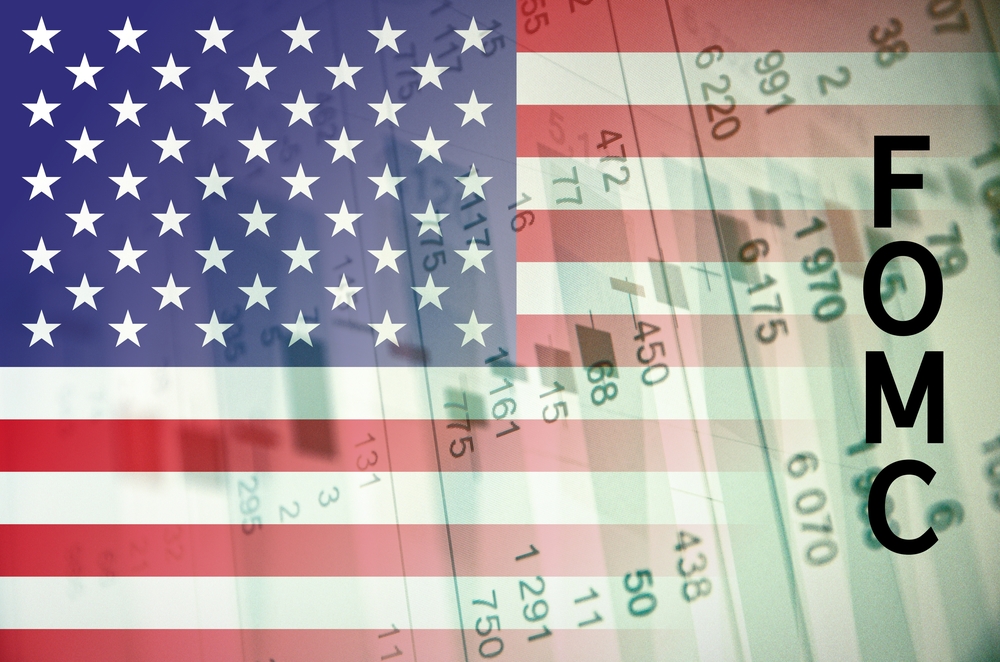Business
FOMC Minutes Reveal Uncertainty, Fear Over Second Wave of Outbreak

Minutes from the April meeting of the Federal Open Market Committee show that Fed officials are happy with their recent actions. The said actions aims to keep the economy afloat during the coronavirus pandemic. However, they are also deeply worried about the likelihood of further outbreaks. They also expressed concern about how the pandemic will harm lower-income families the most.
The April meeting concluded with the committee talking about the steps they took during the initial outbreak. They said those actions were were “essential in helping reduce downside risks to the economic outlook” of the country. They also decided to keep interest rates at their current level of 0% – 0.25%.
The committee said that the pandemic created both near and medium-term economic uncertainty. Also, “participants commented that, in addition to weighing heavily on economic activity in the near term, the economic effects of the pandemic created an extraordinary amount of uncertainty and considerable risks to economic activity in the medium term.”
The group expressed worry about the negative effects on unemployment and GDP growth of another outbreak of coronavirus cases later in the year. The minutes also say the group views this as a “substantial likelihood.”
“In this scenario, a second wave of the coronavirus outbreak, with another round of strict restrictions on social interactions and business operations, was assumed to begin around year-end, inducing a decrease in real GDP, a jump in the unemployment rate, and renewed downward pressure on inflation next year,” the summary said.
The minutes also mentioned that this “more pessimistic” outlook was just as likely as the baseline forecast for improvement.
Baseline For Improvement
There was discussion amongst the members to provide more explicit assurances that rates wouldn’t move higher until a recovery was “firmly in place.” This is defined by the country meeting certain unemployment or inflation rates before the committee would consider raising interest rates. Another idea was announcing a specific date which would be the soonest that the FOMC would consider raising interest rates.
They call this type of forward guidance the Evans Rule. The Fed used this in 2012 when it openly broadcast that it would hold rates steady until unemployment rates started to fall. It also used this to broadcast that there were signs of rising inflation.
The notes also reveal that the committee is very concerned that while the 30+ million jobs lost since the outbreak began also hit all socioeconomic levels. The brunt of losses “would fall disproportionately on the most vulnerable and financially constrained households in the economy.”
Some are concerned that many small businesses, the backbone of our country, simply won’t survive in the “new normal” of social distancing. Meanwhile, other businesses are going to hold off on hiring or growing. Owners say this may last until the threat of a second outbreak passes.
The minutes state “a large number of small businesses may not be able to endure a shock that had long-lasting financial effects. Participants were further concerned that even after social-distancing requirements were eased, some business models may no longer be economically viable, which could occur, for example, if consumers voluntarily continued to avoid participating in particular forms of economic activity.”
Up Next:
















